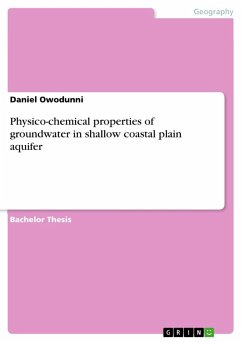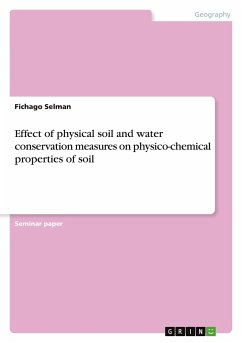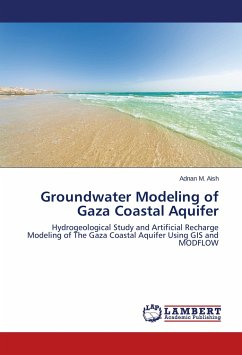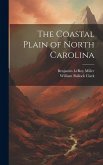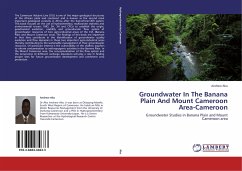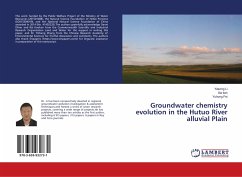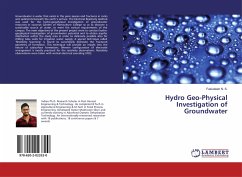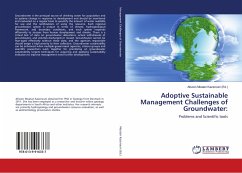Bachelor Thesis from the year 2019 in the subject Geography / Earth Science - Geology, Mineralogy, Soil Science, , course: APPLIED GEOLOGY, language: English, abstract: The inhabitants of Abesan Area, Southwestern Nigeria depend on groundwater for their daily domestic consumption and irrigation purposes. Thirty groundwater samples were collected from selected shallow hand-dug wells hosted in the Coastal Plain Sands aquifer for groundwater quality assessment. The samples collected were analyzed for pH, Total Dissolved Solids (TDS), Electrical Conductivity (EC), and dissolved ions (Na+, K+, Ca2+, Mg2+, HCO3-, SO42-, Cl-, and NO3-) for water quality assessment as well as their suitability for irrigation. Results of chemical analyses of groundwater showed that the relative concentration of cations and anions are in the order of Ca2+>Mg2+>Na+>K+ and HCO3>Cl¿->SO42-¿>NO3¿, respectively. The plots in all the locations indicated that the bicarbonate ions dominate other anions while calcium ions dominate other cations. The predominance of bicarbonate ions suggests a continental origin for the groundwater of the study area. The chemical quality of the water samples is within the acceptable limit of the World Health Organization (WHO) standards for drinking, domestic, and irrigation purposes in all the wells studied. Five water irrigation quality parameters were employed for this study which include the Magnesium Adsorption Ratio (MAR), Sodium Absorption Ratio (SAR), Soluble Sodium Percentage (SSP), Residual Sodium Carbonates (RSC), and Kelly's Ratio. Based on the irrigation parameters calculated, all the samples were classified as suitable for agriculture purposes. Most of the sampled groundwater in the Abesan Area from this study is found suitable for domestic and irrigation purposes.
Hinweis: Dieser Artikel kann nur an eine deutsche Lieferadresse ausgeliefert werden.
Hinweis: Dieser Artikel kann nur an eine deutsche Lieferadresse ausgeliefert werden.

